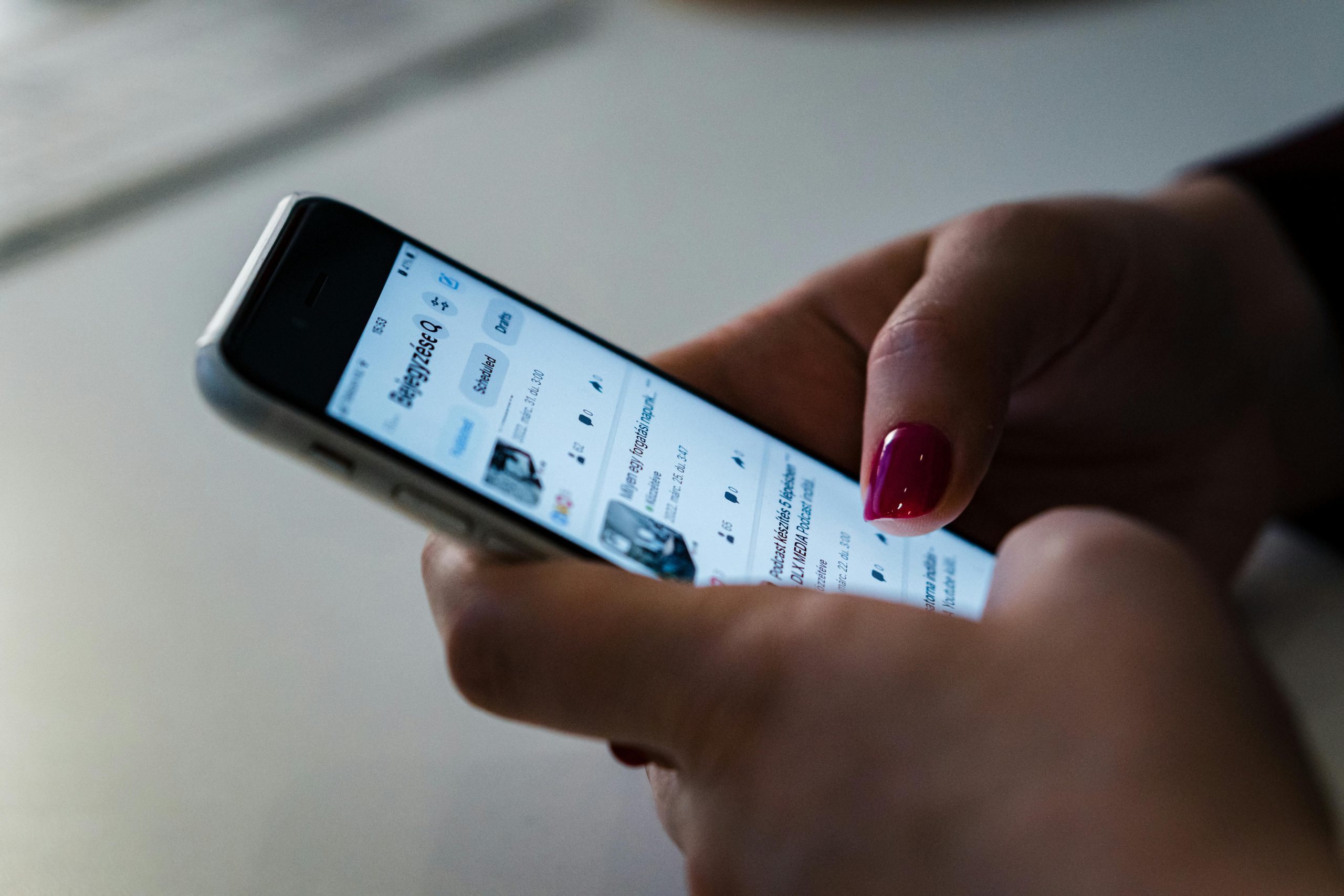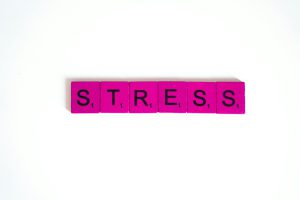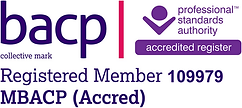Is social media messing with our minds? We love it, we hate it, we scroll mindlessly for hours even when we know we could probably be doing something else that’s more beneficial. It’s the modern-day double-edged sword—keeping us connected, entertained, and informed, while also feeding our insecurities, anxiety, and comparison gremlins. But how exactly is social media affecting our mental health, and what can we do about it?
The Good: Connection, Community & Cat Videos
There’s no denying the positives. Social media keeps us in touch with friends and family, no matter where they are. It gives us access to supportive communities, whether that’s a mental health group, a hobby-based forum, or just a space where people share cute pet videos (arguably the best part of the internet). For many, social media is a lifeline—especially for those who feel isolated or struggle with in-person social interactions.
The Bad: Comparison, Anxiety & The Highlight Reel
But then comes the downside. We all know that what we see online is a carefully curated highlight reel. Yet, it’s hard not to compare our behind-the-scenes reality with someone else’s best moments. That influencer on Instagram with the perfect morning routine? They probably hit snooze five times before filming that aesthetically pleasing coffee pour. But our brain doesn’t always process that rationally, leading to feelings of inadequacy and self-doubt.
Studieshave linked excessive social media use to increased anxiety, depression, and loneliness. The endless scroll can be overwhelming, and let’s not even get started on doom-scrolling—when you go online for a “quick check” and suddenly it’s two hours later, and you’re convinced the world is ending or ‘researching’ that dodgy symptom you’ve noticed which leads you to believe you’re on death’s door.
The Ugly: Addiction & The Never-Ending Scroll
Ever feel like you physically can’t stop scrolling? That’s not an accident. Social media platforms are designed to keep you engaged (or trapped, depending on how you look at it). The constant stream of new content, the dopamine hit from notifications, and the fear of missing out (FOMO) all play a role in keeping us hooked. And the more time we spend online, the less time we spend in the real world, engaging in things that actually make us feel good long-term.
So, What Can We Do?
Social media isn’t going anywhere, so the key is learning how to use it in a way that benefits our mental health rather than harms it. Here are a few tips:
- Set Time Limits: Many phones now have built-in screen time trackers—use them! Set boundaries for how long you spend on social media each day.
- Curate Your Feed: Unfollow accounts that make you feel bad about yourself. Fill your feed with content that inspires, educates, or genuinely makes you happy.
- Take Digital Detoxes: Try stepping away from social media for a day, a weekend, or even just an evening. Notice how you feel without it.
- Engage More, Scroll Less: Instead of passively consuming content, interact meaningfully. Comment, message friends, or share something thoughtful.
- Remember It’s Not Real Life: Remind yourself that social media is a highlights reel. No one has it all figured out, no matter how perfect their profile looks.
So, is social media messing with out minds? At the end of the day, social media is a tool—one that can be used for good or bad. It’s up to us to find the balance that works for our mental health. So next time you catch yourself endlessly scrolling, ask yourself: “Is this adding to my happiness or taking away from it?” If it’s the latter, maybe it’s time to log off and go do something that makes your soul feel good.
What’s your relationship with social media like? Love it? Hate it? Somewhere in between? Let’s talk about it in the comments!






